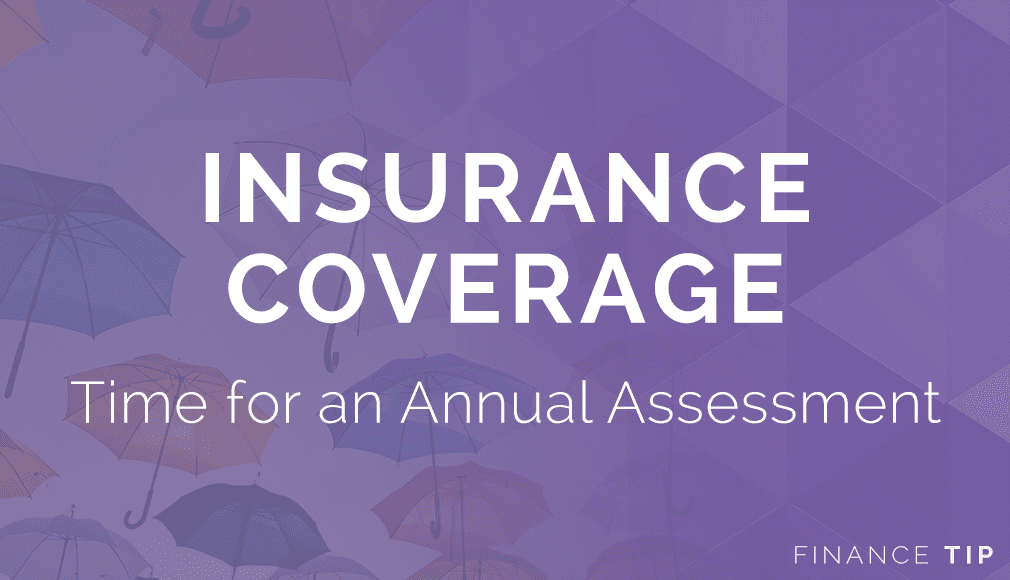
When was the last time you reviewed your insurance coverage? An annual insurance review to ensure you are not under-insured or over covered can make good financial sense.
Here are points to consider, with advice from Associate Partner Julie Strohlein, CPA, as you review your various insurance policies.
Health Care. If you have an individual policy, investigate whether your employer, union, or professional association offers a less expensive group policy.
Long-term Care Insurance. Long-term care insurance may be advisable if you’re between the ages of 55 and 72 and you don’t have enough assets to fund long-term care.
Self-employed individuals can deduct both long-term care insurance and health care premiums from adjusted gross income, which is a dollar-for-dollar deduction and is more advantageous than an itemized deduction.
Life Insurance. The protection you need depends on the number of people who rely on you for support. Whole, variable, and universal life policies combine insurance coverage with an investment future. If you want insurance only, consider term life.
Personal life insurance premiums are not tax-deductible. If you have insurance in order to buy out the interest of a business partner upon his death, there are ways to structure the policy and beneficiaries so that the premiums would be a deductible business expense.
Disability Insurance. Studies show that less than one in six Americans own enough disability insurance to provide a comfortable lifestyle during a two-year disability. Disability coverage is generally limited to 60 to 70 percent of salaried income. If you have adequate emergency funds, electing a longer waiting period for coverage to kick in will reduce your premiums.
Homeowners. With fluctuations in the real estate market, it’s possible that your home is now under- or over-insured. Coverage equal to the current replacement cost (excluding land), not its original cost, is advisable.
If your coverage is inadequate and you suffer an out-of-pocket loss in excess of 10% of your adjusted gross income, you may be able to deduct that casualty loss on your tax return.
Auto Insurance. Liability insurance is a must, but consider dropping collision coverage if you can afford to repair or replace the vehicle on your own. Collision insurance is probably required if your car is financed or leased.
Make sure how you use the vehicle does not alter or void the coverage. Using your personal vehicle to make work deliveries, for example, may limit the coverage offered by some insurance carriers.
Umbrella Liability. Personal liability coverage is included with most homeowner and auto policies. However, if you own substantial assets, umbrella coverage will provide additional protection at minimal cost.
Unnecessary Insurance. Avoid policies with narrowly defined coverage (such as credit, travel, or cancer insurance) if they duplicate other coverage.
For assistance in your insurance review, give your Alloy Silverstein CPA a call.
Contact us for tax planning guidance and more information →
The information contained in this newsletter is of a general nature and should not be acted upon in your specific situation without further details and/or professional assistance. For more information or for assistance with any of your tax or business concerns, contact our office at 856.667.4100.

Associate Partner
Julie has over 20 years of experience in public and private accounting, representing varied clientele including the medical, legal, and real estate industries and trusts.
View Julie's Bio →